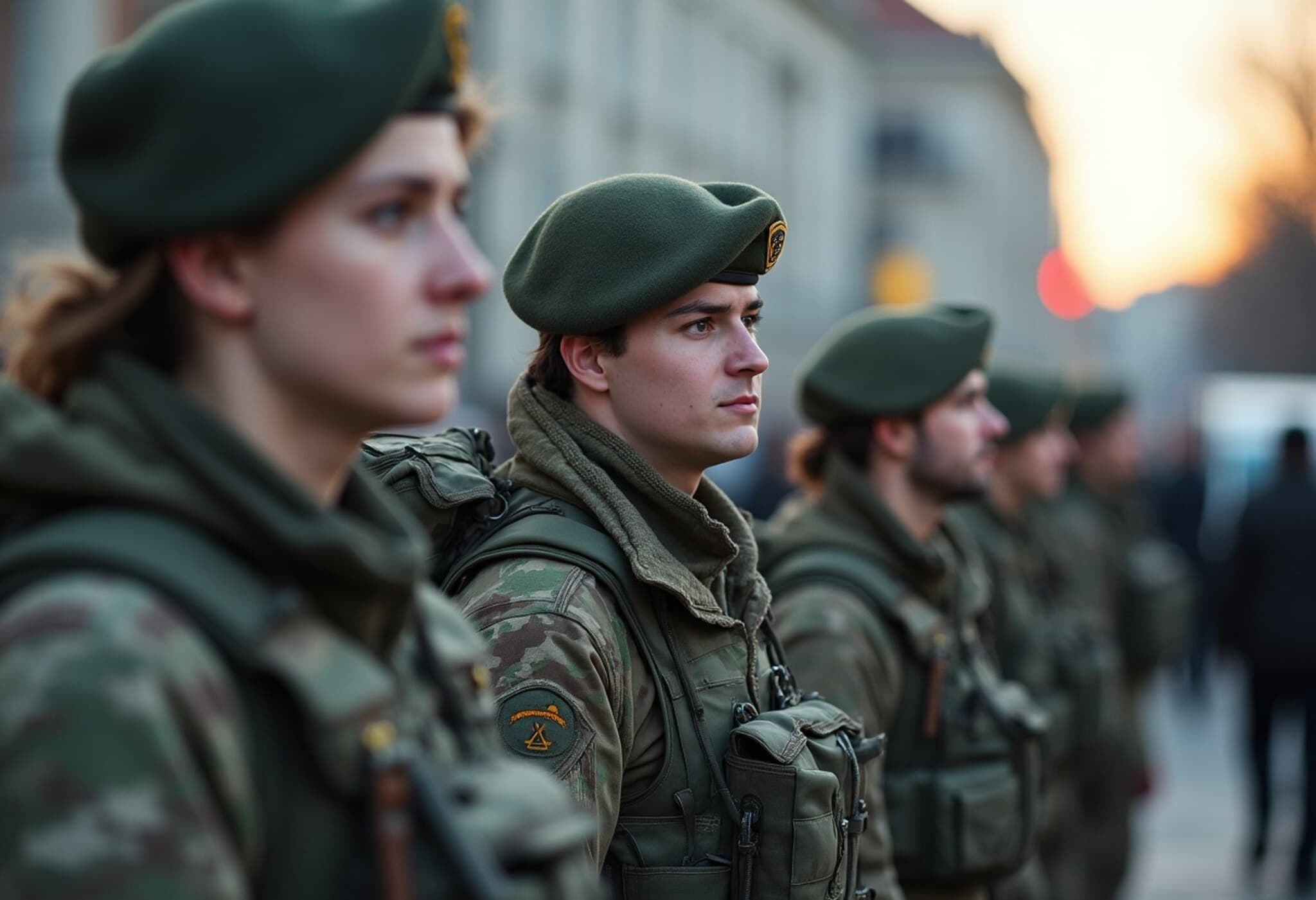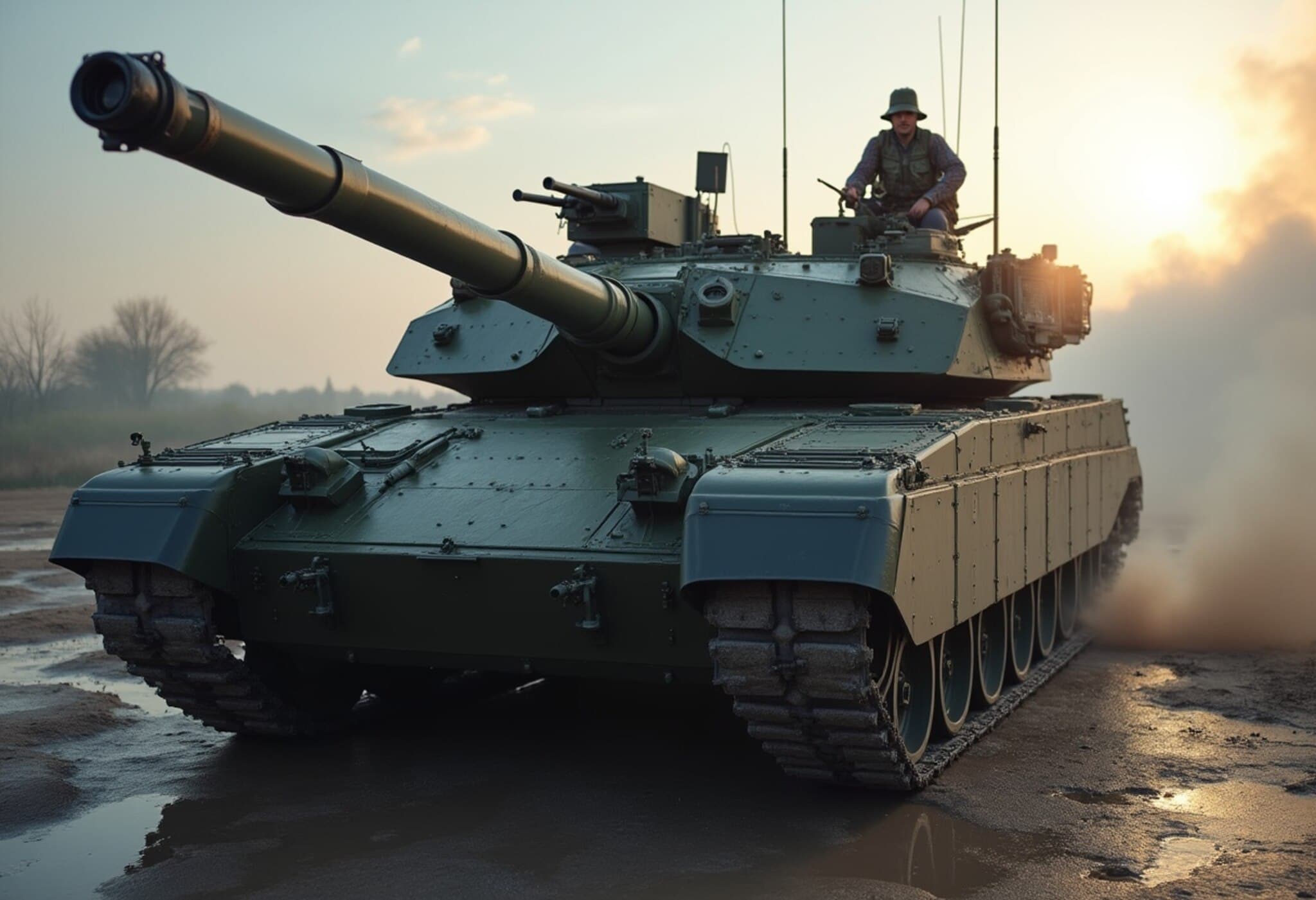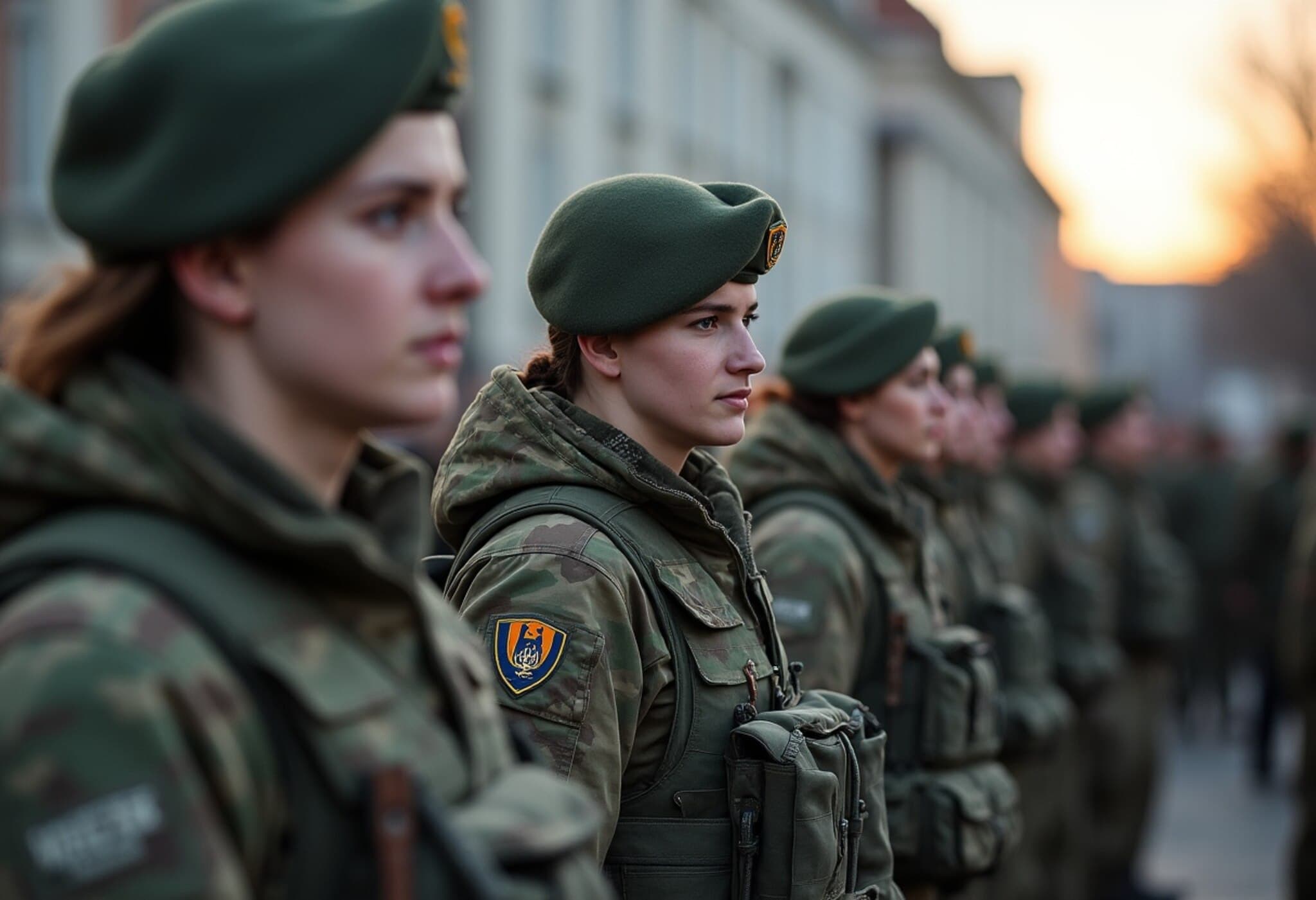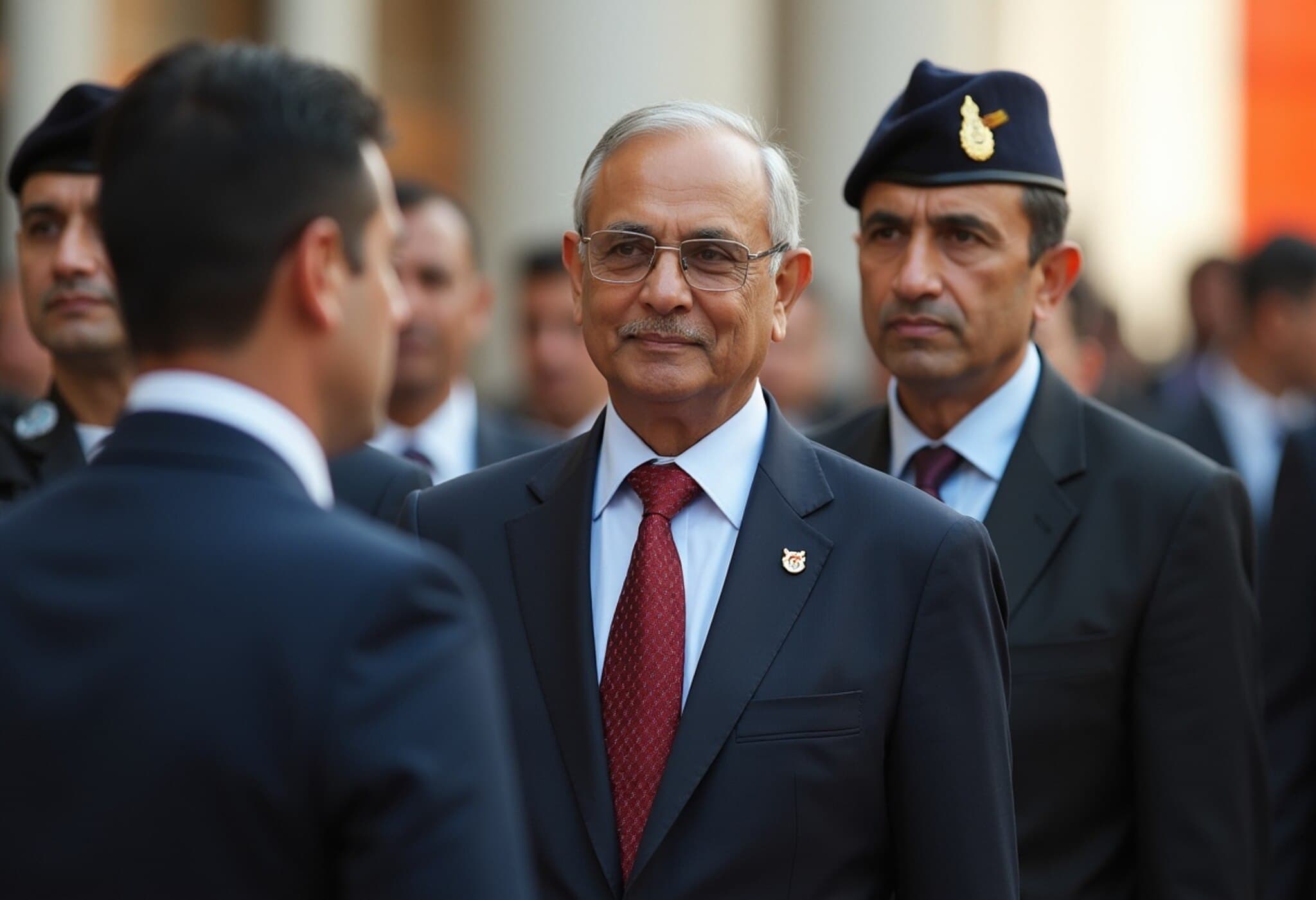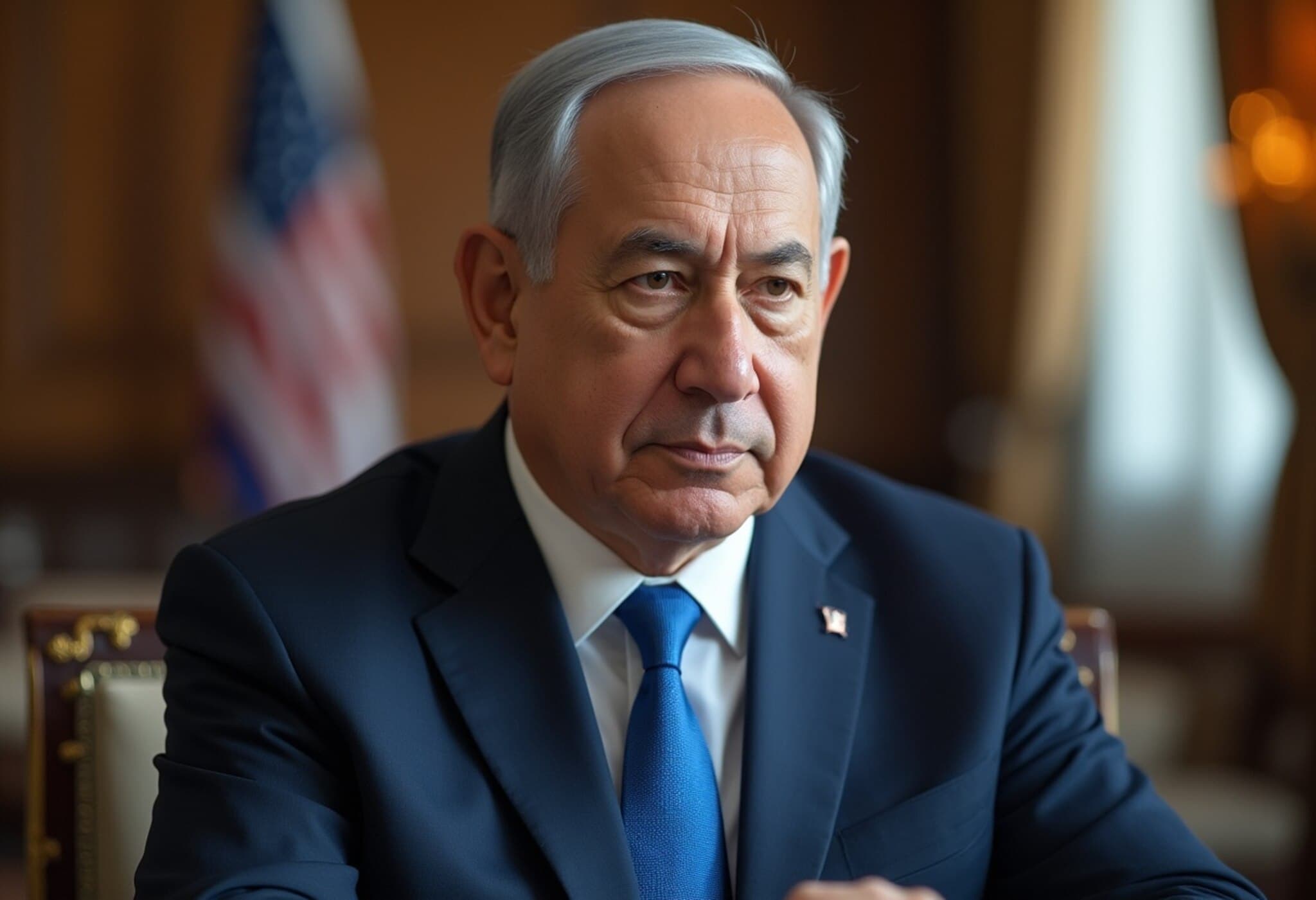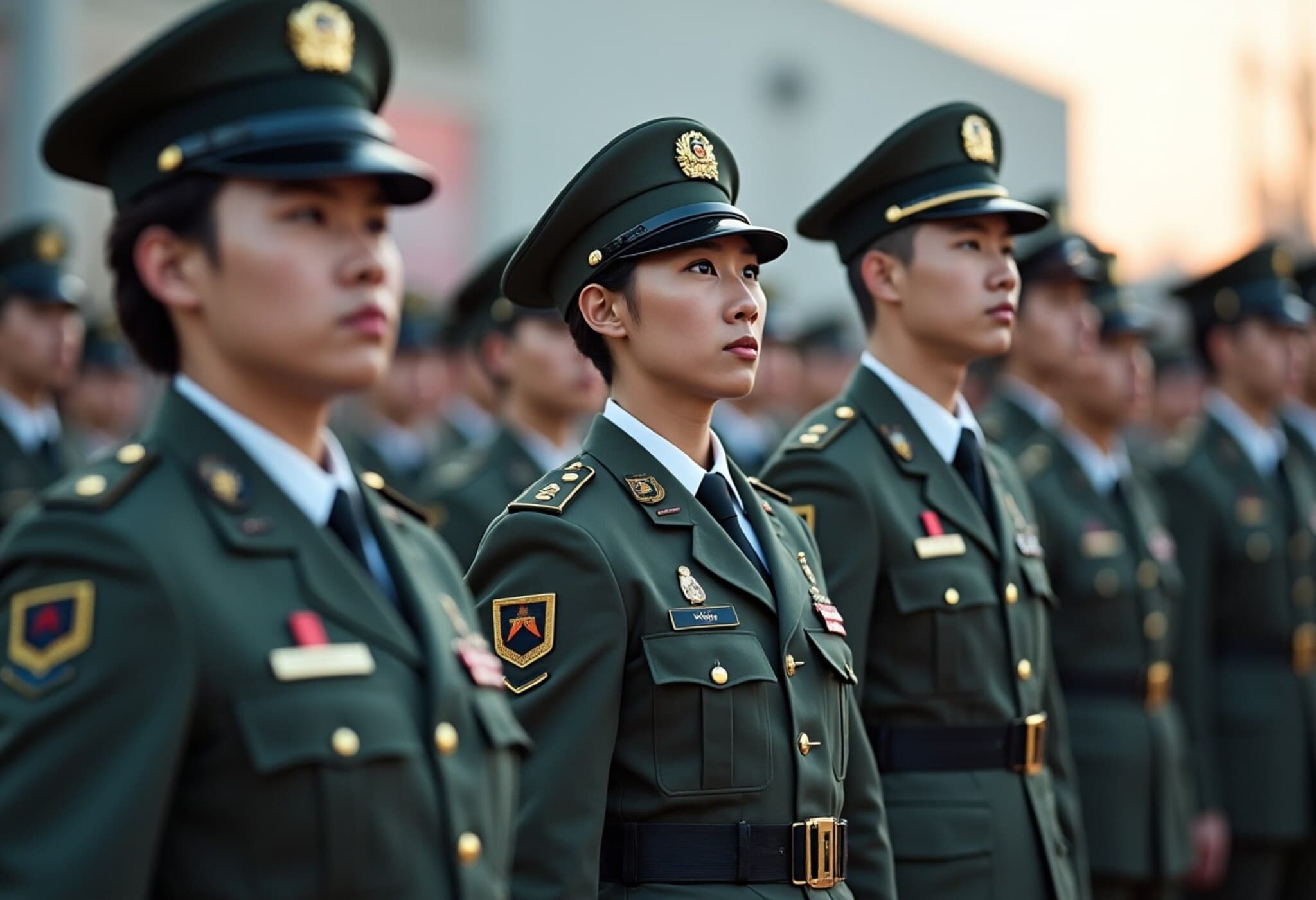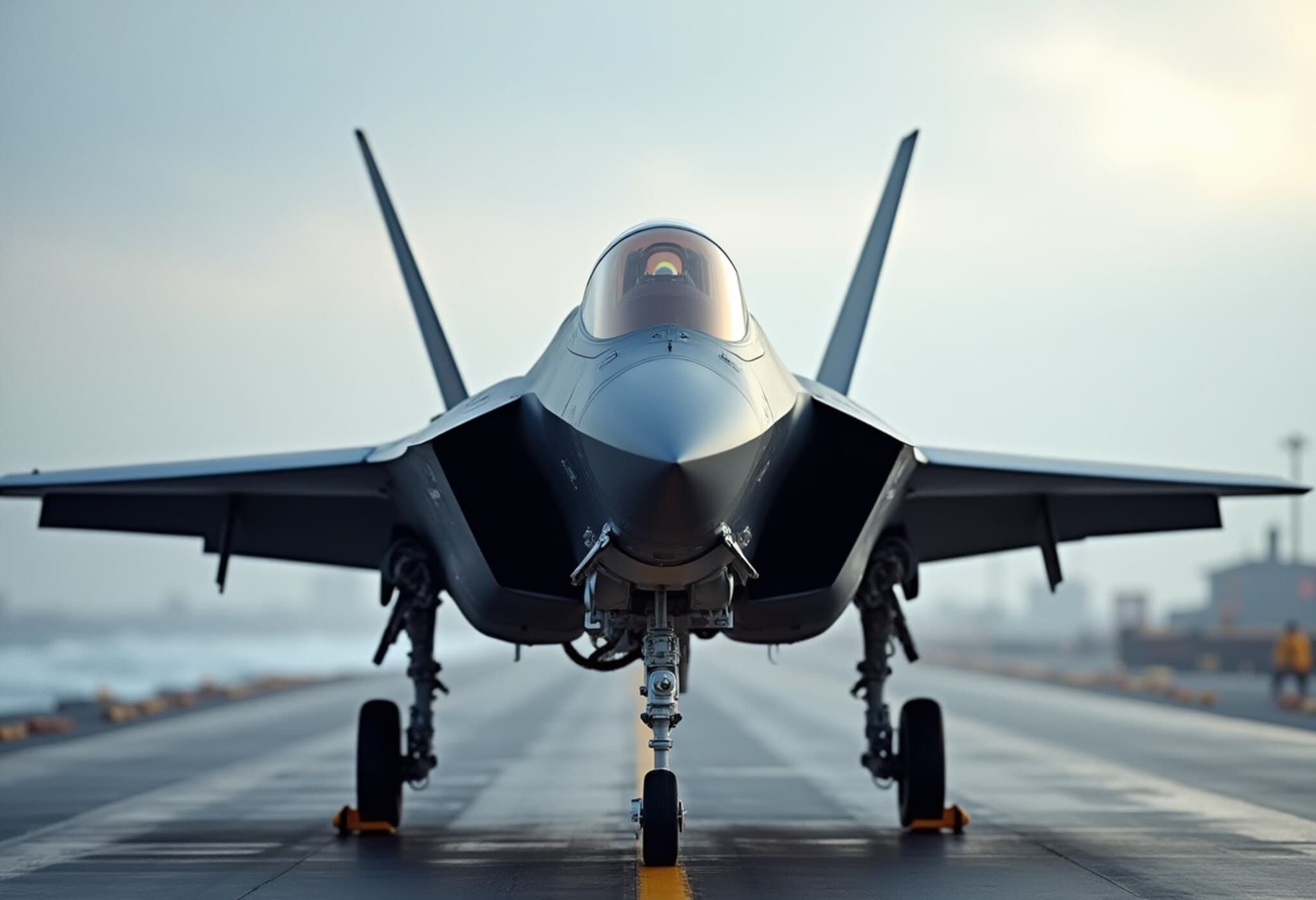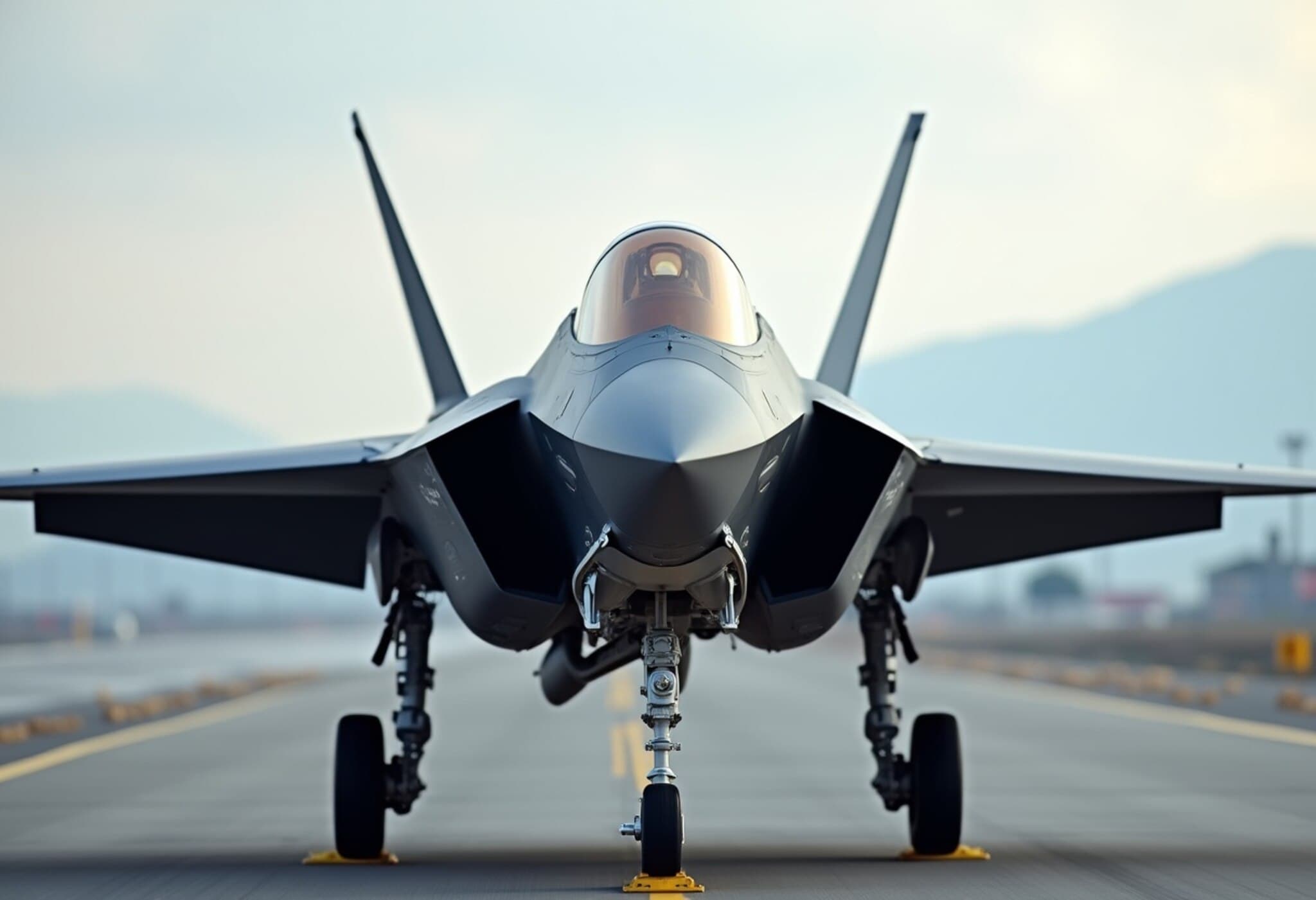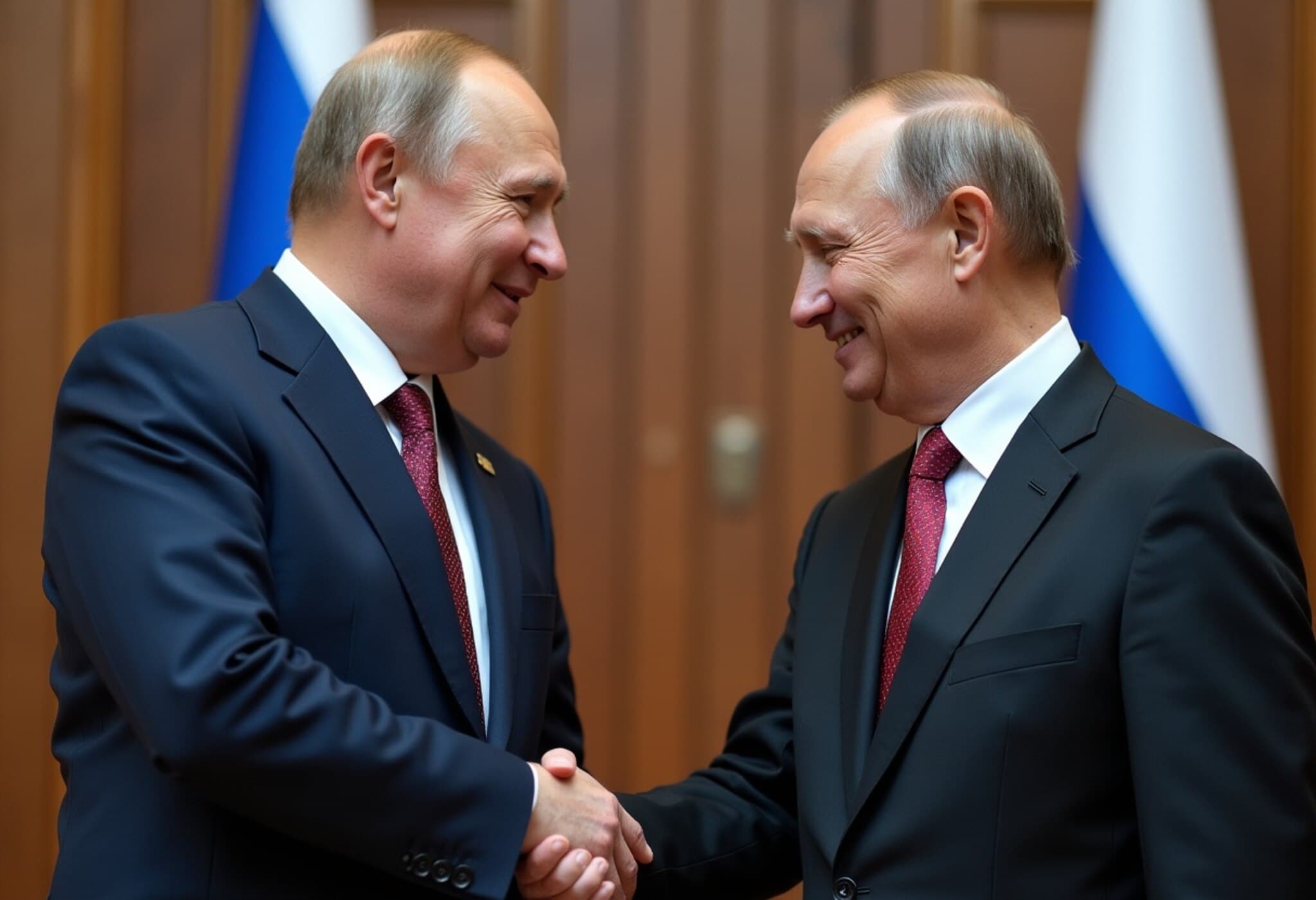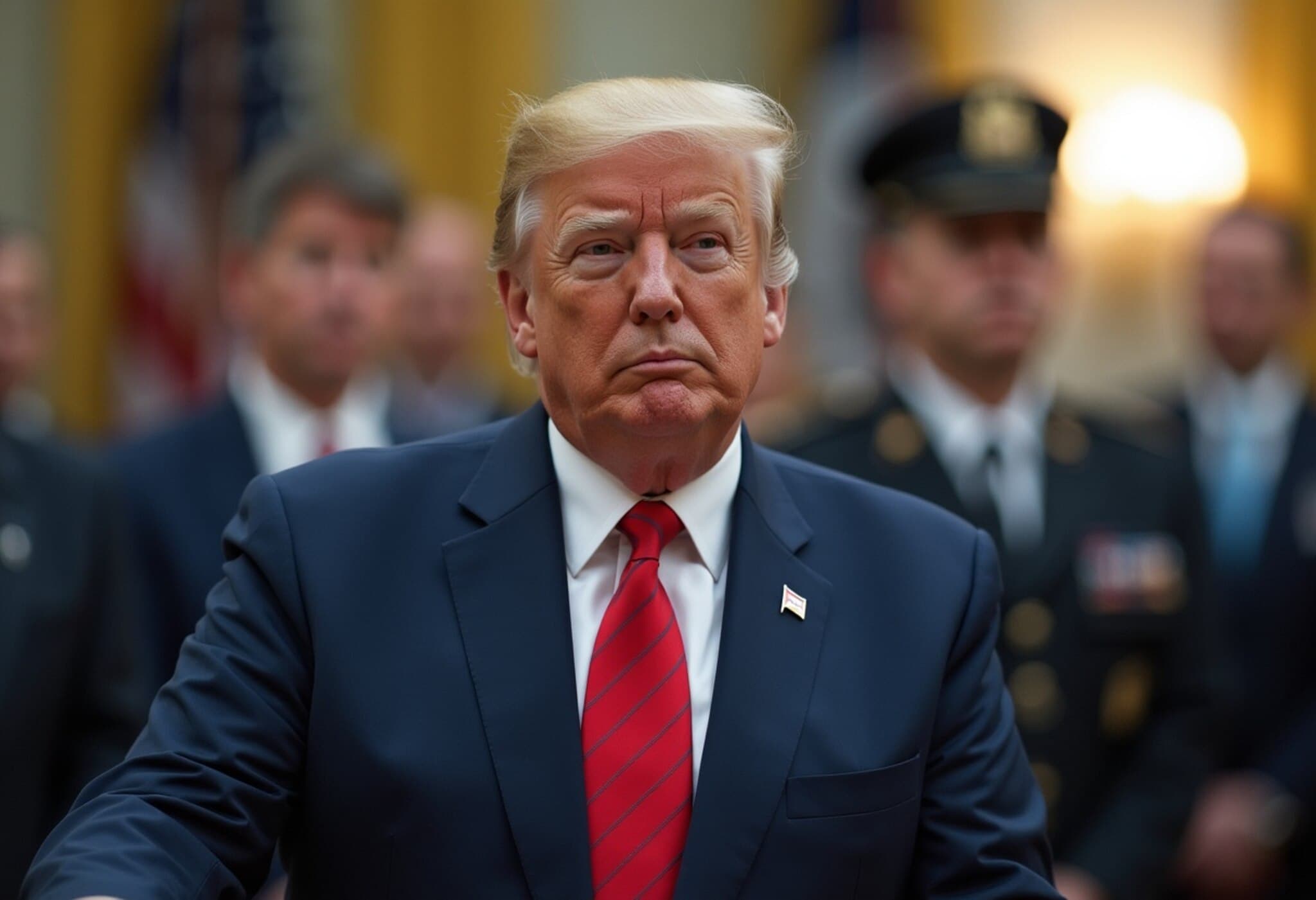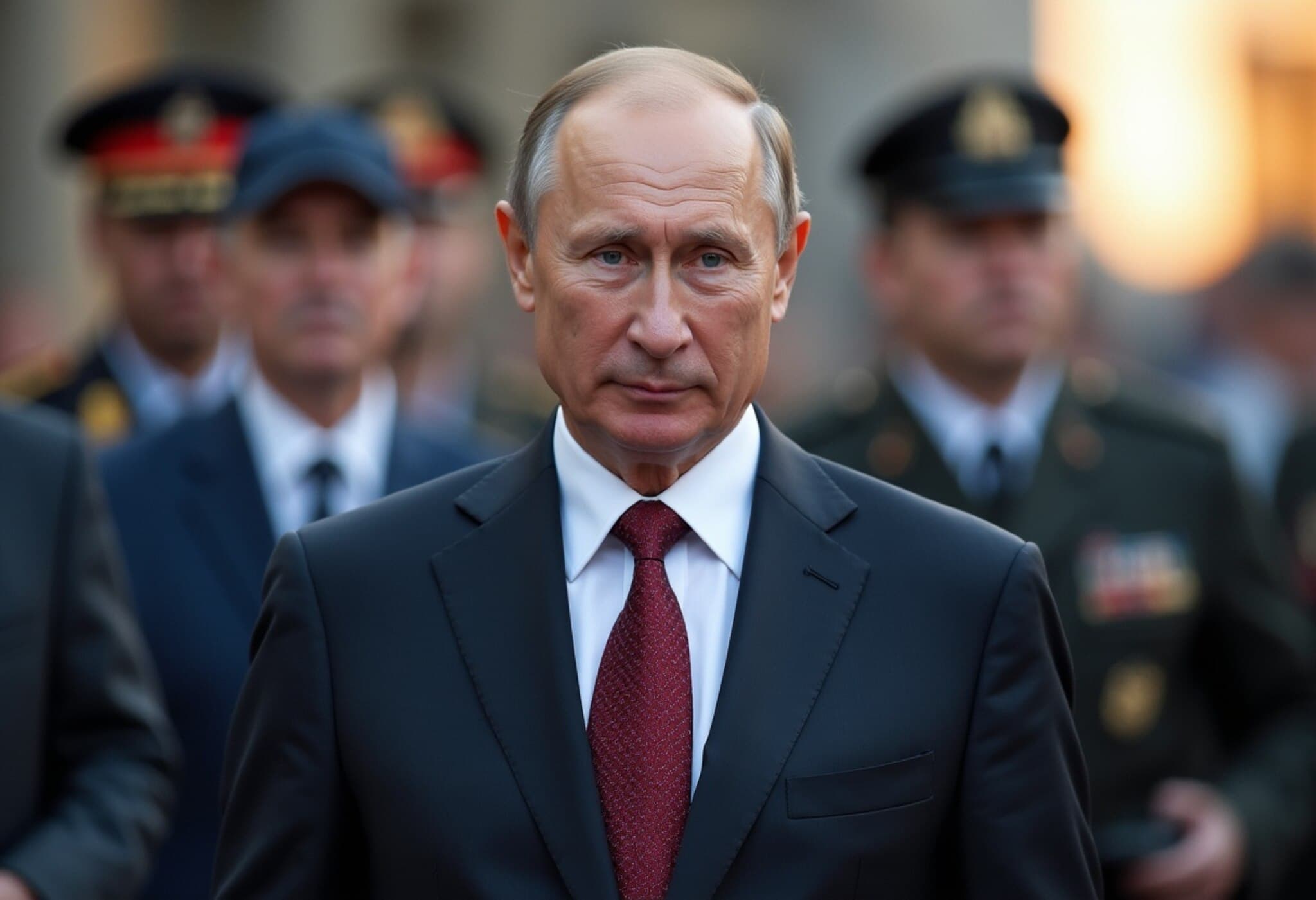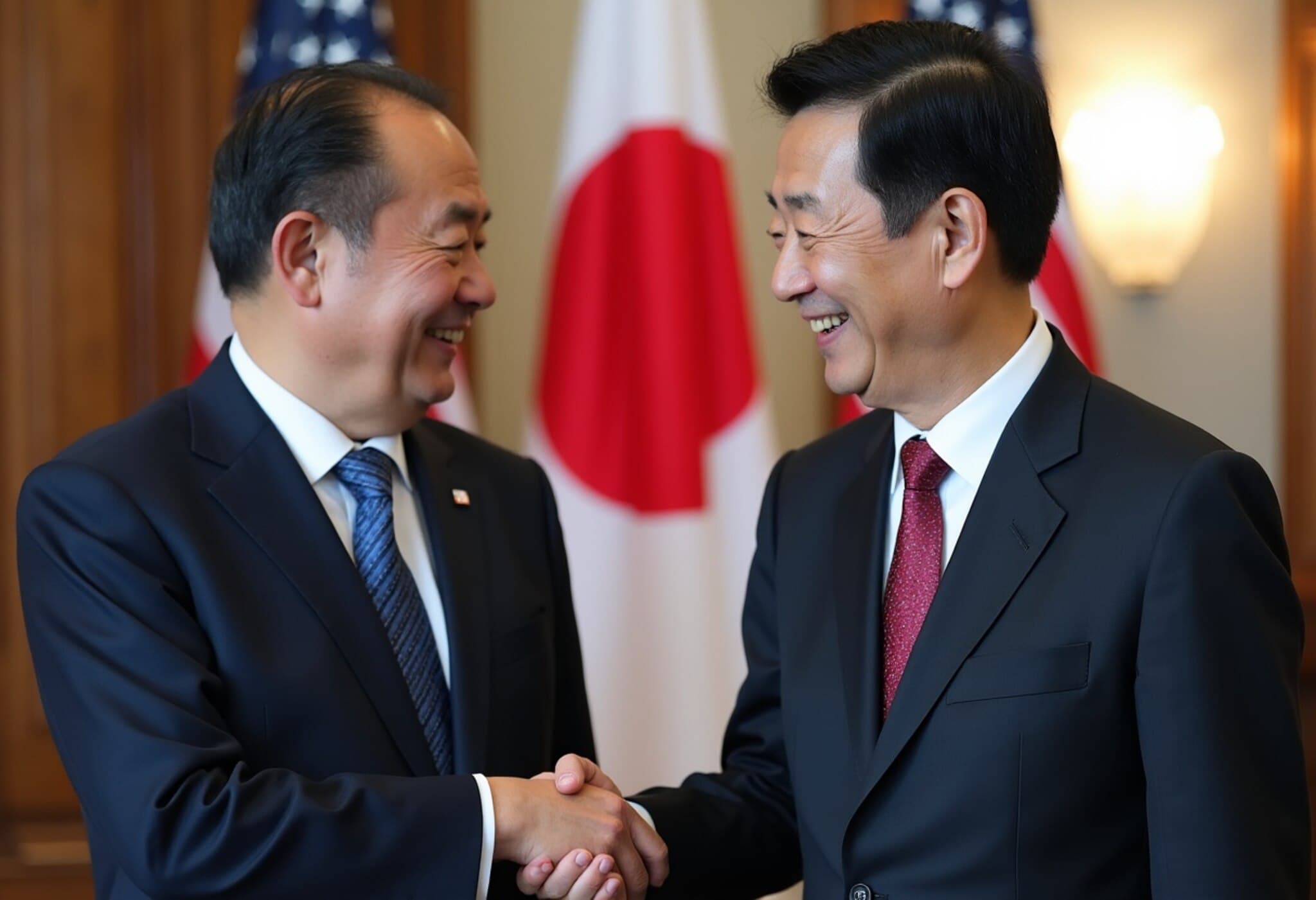Ukraine Revises Travel Restrictions for Young Men Facing Conscription Pressure
In a notable shift amid an ongoing conflict that has stretched Ukraine’s military resources, the government has relaxed its restrictive conscription laws, allowing men aged 18 to 22 to travel abroad freely. This change addresses a complex dilemma for President Volodymyr Zelenskyy, who faces mounting pressure to bolster troop numbers while managing domestic social concerns.
The Evolution of Ukraine’s Draft Policies Under War
Since Russia’s invasion in February 2022, Ukraine imposed martial law, which included a comprehensive travel ban for men aged 18 to 60 to prevent draft evasion. Early on, this sweeping restriction emerged from an urgent need to sustain military ranks as the fighting intensified.
However, the recent amendment permits men until age 22 to leave Ukraine, a policy officially enacted in late August 2025. This marks a departure from previous regulations that barred travel even for those below the draft eligibility age, reflecting a recalibration of Ukraine’s priorities amid a prolonged conflict.
Why Maintain a High Draft Age Amid Manpower Shortages?
While initial policies exempted men under 27 from compulsory service, the conscription age was lowered to 25 in 2024 due to increasing casualties and pressure from Western allies, particularly the United States. American lawmakers have even advocated for lowering the conscription age further to 18.
Yet, Ukraine has cautiously resisted such measures, citing demographic challenges: decades of declining birth rates have resulted in fewer men in their twenties—the demographic critical to military recruitment. Consequently, the country has shifted focus to mobilizing men primarily in their 40s and beyond, challenging traditional military age norms.
The Strategic and Social Implications of the Policy Change
The policy adjustment allows young men to pursue education, internships, and legal employment abroad up to age 23 without violating conscription laws. Ukrainian Prime Minister emphasized that the aim is to sustain strong connections between the diaspora and the homeland, rather than encouraging draft evasion.
Experts offer divergent views:
- Concern over Military Reserves: Mykhailo Samus of the New Geopolitics Research Network warns that relaxing travel bans may shrink Ukraine's mobilization reserve, complicating war efforts focused on attrition.
- Potential Benefits: Authorities suggest facilitating international studies and work could enrich Ukraine’s talent pool in the long run—students and young professionals gaining experience abroad may return with skills vital for reconstruction.
Underreported Perspectives and Key Questions Ahead
Although families have long sent sons abroad to evade the draft, the government's move may paradoxically strengthen national loyalty by reducing the stigma associated with foreign travel in youth. Yet, it raises critical questions:
- How will Ukraine balance urgent military recruitment needs with the longer-term benefits of international exposure for its youth?
- Could this policy shift signal a tacit acknowledgment of the unsustainable casualty rates and demographic realities confronting Ukraine?
- What mechanisms will ensure that young men who travel abroad will return to contribute to civilian or military efforts?
The policy's multifaceted implications show that war management extends far beyond the battlefield, touching on issues of education, emigration, and social cohesion.
Expert Commentary: Navigating War and Demographic Realities
From a policy analyst's perspective, Ukraine’s approach highlights a delicate balancing act between immediate military imperatives and the preservation of its social fabric. Restraining young men from traveling has been crucial for draft enforcement but risks alienating a generation wary of a protracted conflict.
In the U.S. context, similar debates have surfaced about military drafts and volunteer forces, underscoring how demographic and societal trends influence national security policies. Ukraine's decision reveals an adaptive governance willing to tailor regulations amid immense pressure.
Conclusion: A Policy at the Crossroads of War and Society
This regulatory shift is far from a straightforward victory or setback for Ukraine's defense strategy. Instead, it opens a window into how war reshapes societies over time—even in vital matters such as who fights and who leaves.
Editor’s Note: As Ukraine navigates this challenging stage of its conflict, this policy invites a broader discussion on leveraging human capital while confronting harsh demographic realities. Observers should track how these young men’s international experiences influence Ukraine’s future, both in resilience and renewal.

